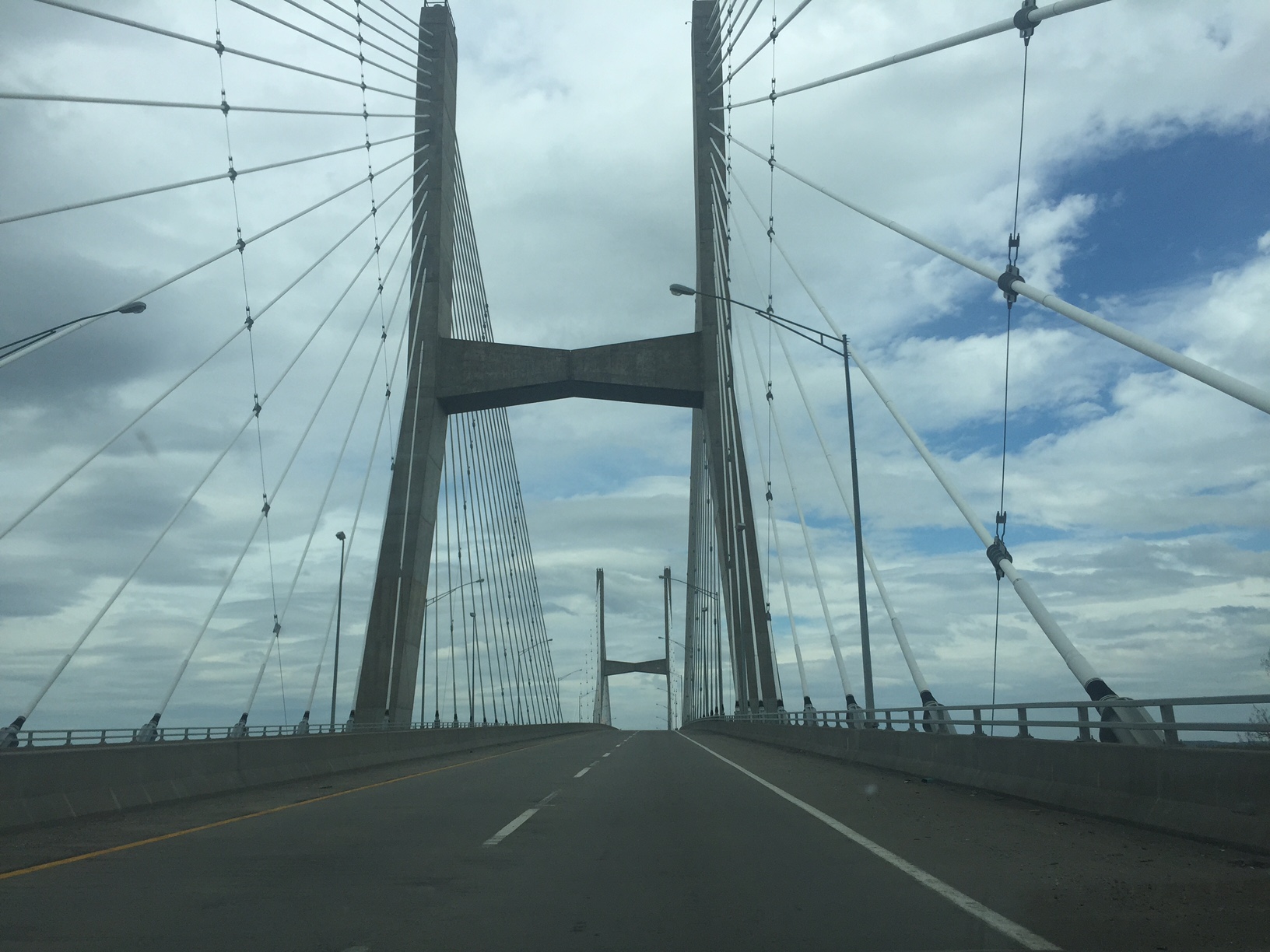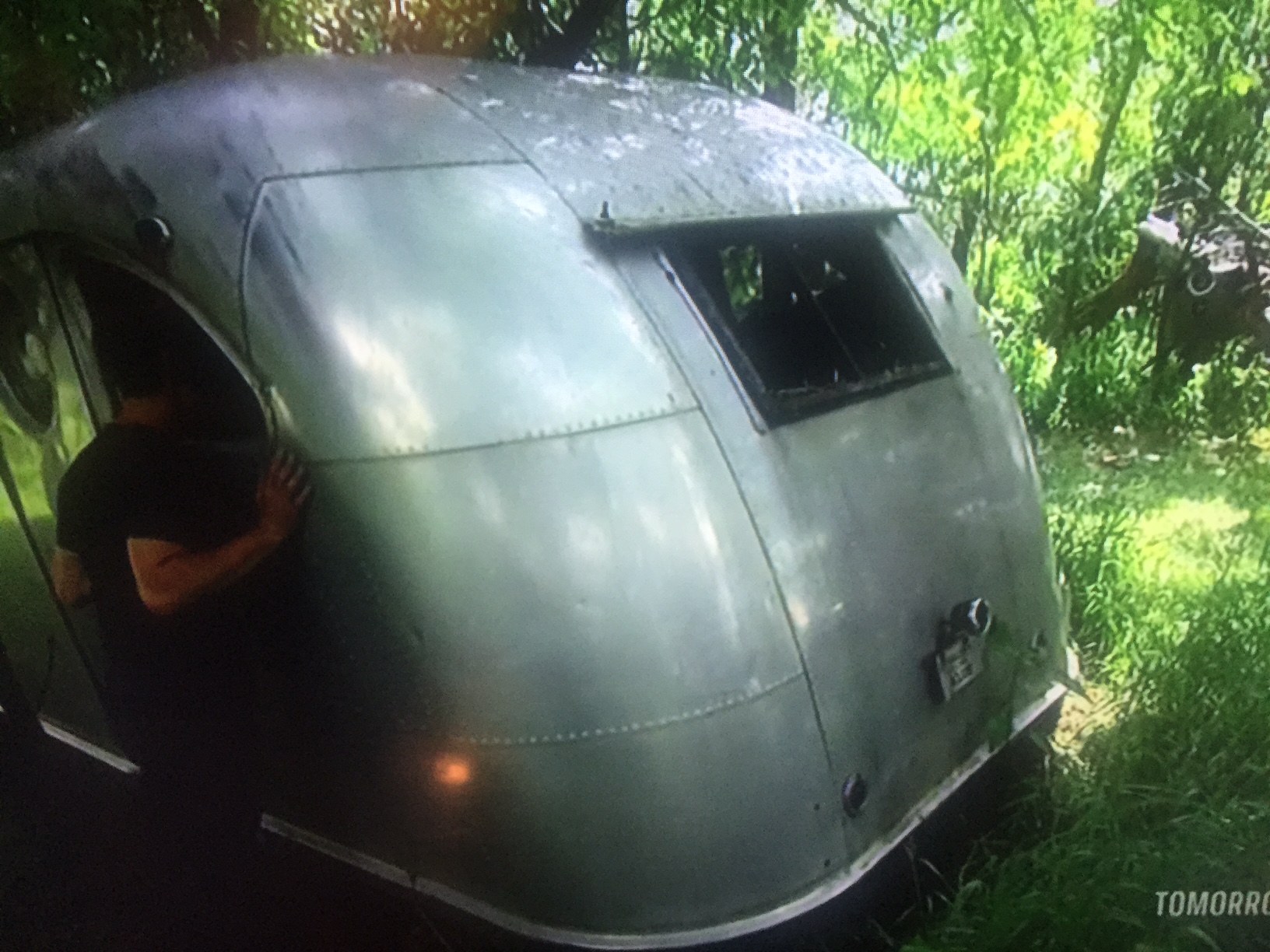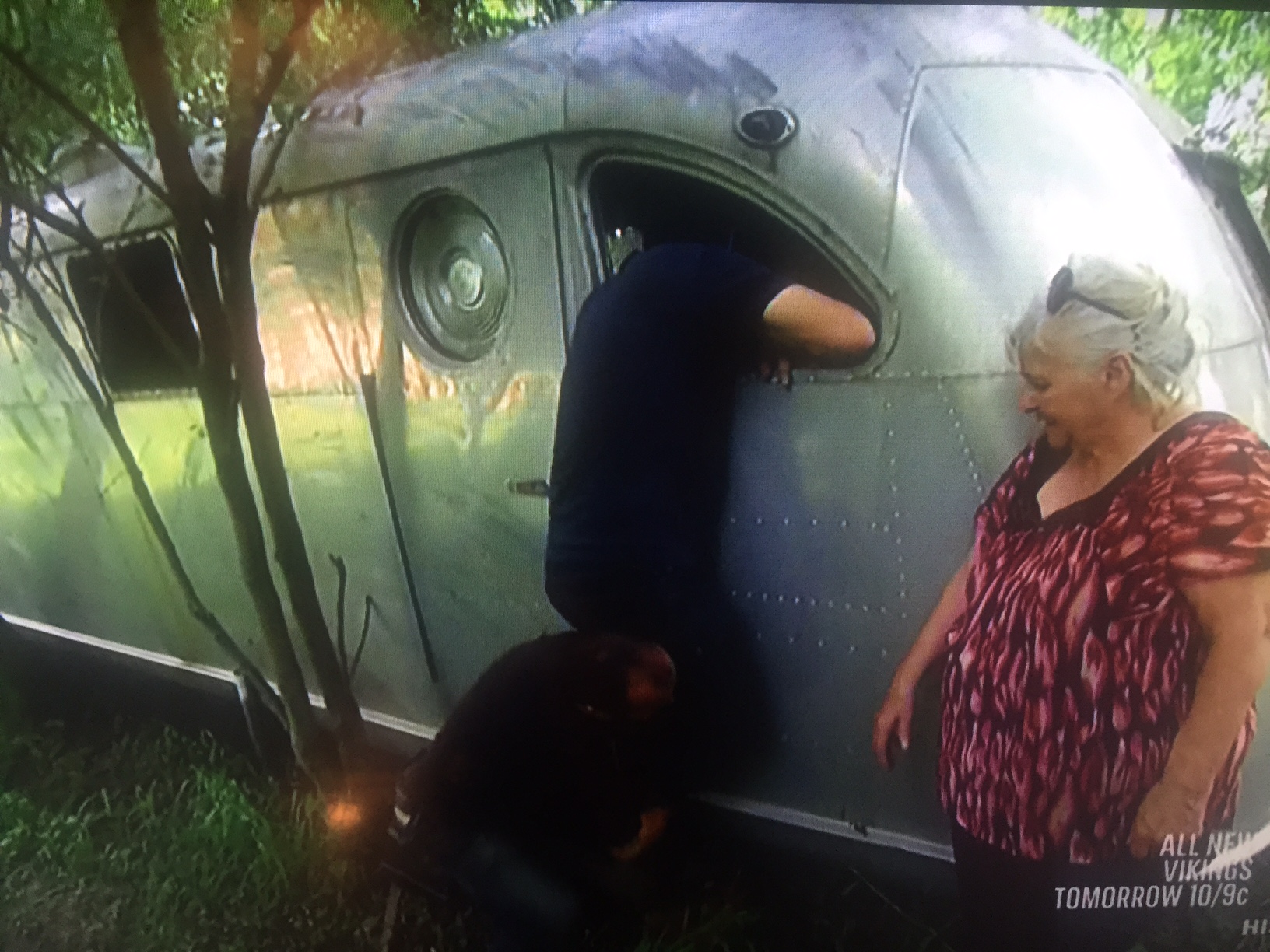You hate your day job. Millions of Americans do. So you want to buy an RV park and ditch your current lifestyle for something you enjoy, and a quality of life that money can’t buy. But how do you bridge the gap between day job and full-time RV park owner?
Pick a location that you love
Most RV parks operate at the highest level when the owner is also the manager. If you’re going to live in or near the RV park, you need to select one that is in an area you want to live in. Don’t buy a park in Arizona if you hate the Southwest, and don’t buy an RV park in Colorado if you hate high altitudes. Much of the selection process on an RV park needs to focus on your personal desires as far as geography and setting. Choose a place that you’ve always wanted to live.
Find a park that, worst case, will cover the essentials
You should buy RV parks based on historical performance over a period of years. Look for parks that, in their worst year ever, still had plenty of cash flow to pay the mortgage and cover the bills. And then ratchet down that performance by 10% or 20% and see what happens. The bottom line is that you want to find a park that is sitting on solid bedrock for a financial foundation. If a park has wild swings on occupancy and revenue – and you need to hit the best years to pay the bills – then that park may be too risky for a good beginning park to buy.
Select a park that has good upside in greater revenue with effective marketing
If the park has the basic bills covered, it gives you time to experiment on the marketing side to build up the business. Looks for parks that are suffering from bad marketing, not bad locations. Many mom and pop owners have no clue as to how to interact with the internet, and this has opened up the door to huge opportunities if you can apply modern marketing techniques. We’ve seen nice parks that are not even listed on a Google search, because mom and pop had no idea of how to do that, much less have a website. Or parks that have virtually no signage from the freeway, simply because mom and pop lost interest in the business twenty years ago. Those are the real opportunities. Imagine the numbers if you can double the revenue side – it’s almost all straight profit!
Pick a location that is in a strong and growing demand area
Remember that real estate is all about location, location, location. RV parks are no different. You need to find a property that is a “destination” RV park, and not an “overnighter”. And it needs to have some terrific underpinnings of value in an area with continued future interest. A perfect example would be a destination park near a National Park. National Parks are few and far between, and there’s no new ones coming down the pike. So the location is basically secured. On top of that, with the Baby Boomer retirement trend and families wanting to see the best of America, those locations should have strong futures.
Take a leap of faith only after you know it’s safe to leap
Many times, the best way to bridge from a day job to a RV park owner is to not let go of one until you have a firm grasp on the other. You can buy an RV park while maintaining your day job, and you can test your theories without gambling your full-time income. Once you’ve found that you were correct on your acquisition and tested the market, you can then make the leap without worrying about falling in the water.
Conclusion
Buying a RV park can be an exciting enhancement to your quality of life. It can give you the ability to be your own boss and to make your own destiny. But you can take the leap of faith in a manner which reduces your risk, and makes the entire process positive and well planned.





